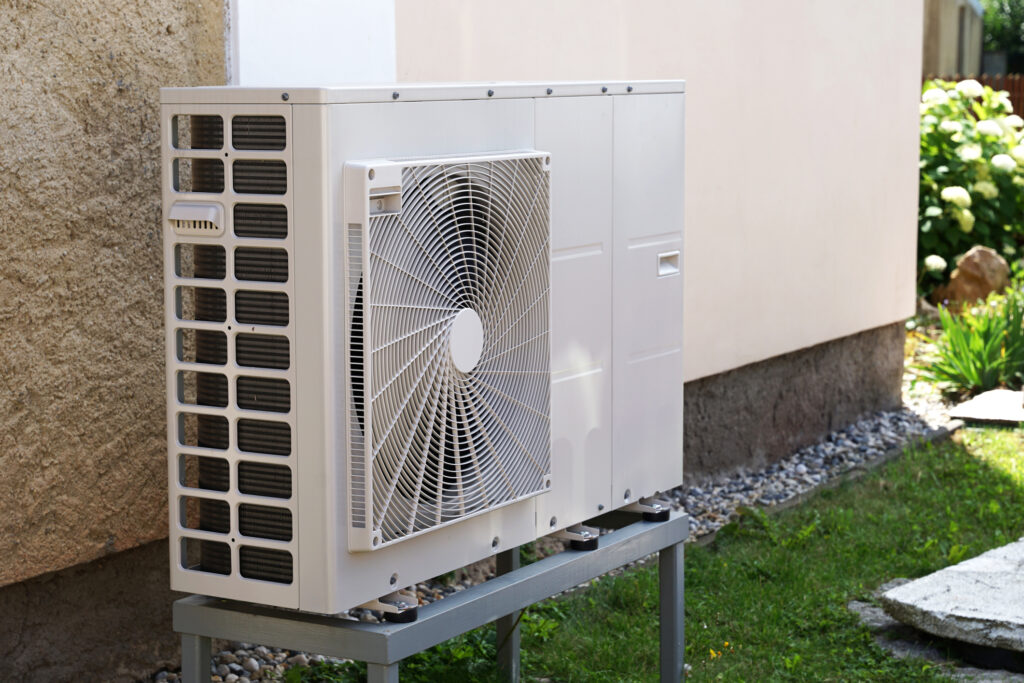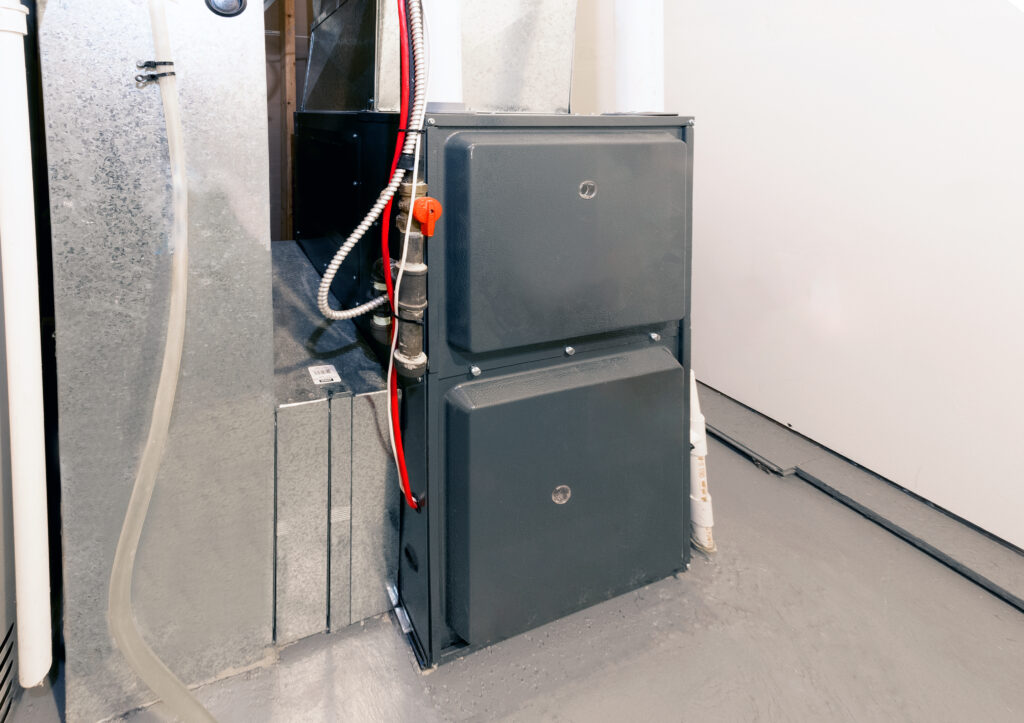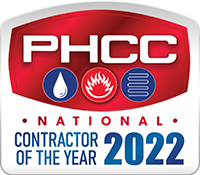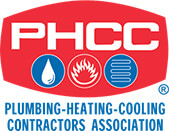
Choosing the right HVAC system is important for home comfort in Georgia, where the climate ranges from hot summers to chilly winters. Understanding the differences between heat pumps and furnaces and how they perform in Georgia’s climate is part of making an informed decision.
At United Air Temp, we want you to have the information you need. Here’s what you need to know about furnaces and heat pumps so you can decide which will be better for your home:
How Do Heat Pumps Work?
Heat pumps are versatile systems that provide both heating and cooling. They work by transferring heat rather than generating it, making them highly efficient.
Air-source heat pumps extract heat from the air, while geothermal heat pumps use heat from underground. These systems are particularly effective in Georgia’s moderate climate.
How Do Furnaces Work?
Furnaces generate heat using natural gas or electricity. Gas furnaces are known for their powerful heating capacity, ideal for colder climates.
On the other hand, electric furnaces are great for areas like Georgia, where electricity costs are generally lower and the winters are milder.
Factors That Affect Whether You Should Choose a Heat Pump or a Furnace
Deciding between a heat pump and a furnace for your Georgia home involves considering several key factors:
Cost
You’ll need to factor in initial installation and ongoing operating expenses. Generally, heat pumps have a higher upfront cost than furnaces, but they can offer lower operating costs due to their efficiency.
Furnaces, particularly gas models, may have lower installation costs but tend to be more expensive to operate in Atlanta.
Energy Efficiency
Heat pumps are known for their efficiency because they transfer heat instead of generating it. This makes them particularly suitable for areas with milder winters.
Furnaces, especially modern, high-efficiency models, can also be energy-efficient. However, heat pumps will always be more efficient.
Heating & Cooling Capability
A significant advantage of heat pumps is their ability to heat and cool your home.
This dual functionality makes them a comprehensive solution for year-round comfort compared to central air conditioner and furnace combinations.
Furnaces only provide heating, requiring a cooling system to stay comfortable in the warmer months.
System Life Span
Furnace and heat pump life span are comparable, with proper maintenance playing a role in the system’s longevity.
- Heat pumps typically last around 15 years.
- Gas furnaces can last for 15 to 20 years or more.
- Electric furnaces can last over 20 years.
Air Quality
Furnaces produce drier air, reducing air quality and comfort. A well-maintained heat pump will have minimal impact on your indoor air quality. Routine air filter changes are the best way to reduce airborne contaminants, no matter your system.
What Is Dual-Fuel Heating?
Dual-fuel heating combines a heat pump with a gas furnace, offering the benefits of both systems.
The heat pump operates efficiently in mild weather, while the furnace kicks in during colder temperatures.
The flexibility of dual-fuel systems makes them a convenient solution for Georgia homeowners.
UAT Can Help You Choose the Best HVAC System for Your Needs
At United Air Temp, we understand that choosing the right HVAC system for your Georgia home is a big decision.
Heat pumps offer year-round comfort and are an excellent choice for our climate.
If you prefer a furnace, an electric option is most energy-efficient and cost-effective in Georgia.
However, it’s also easier to install a new gas furnace if that matches your old system.
Our team of experts at UAT is here to guide you through the process and ensure you find the best solution for your home.
Call United Air Temp at (404) 467-2148 to schedule heat pump or furnace installation in Atlanta, Marietta, Duluth, or surrounding areas.



















